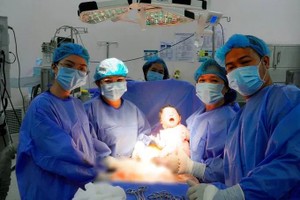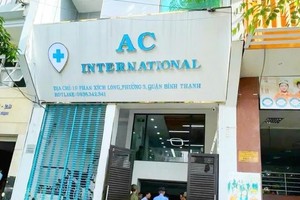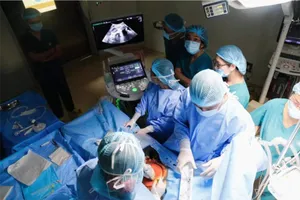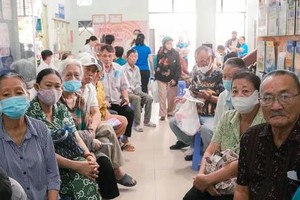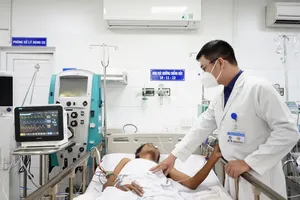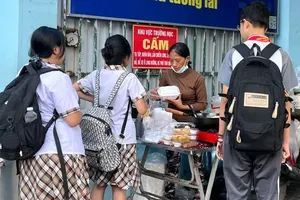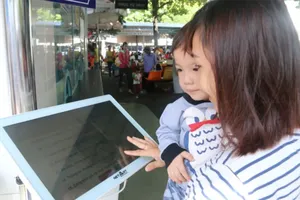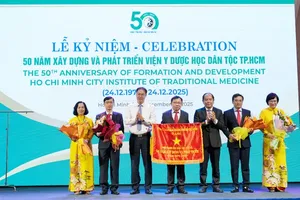The problem of medication and medical supply shortages has persisted for years and remains unresolved.
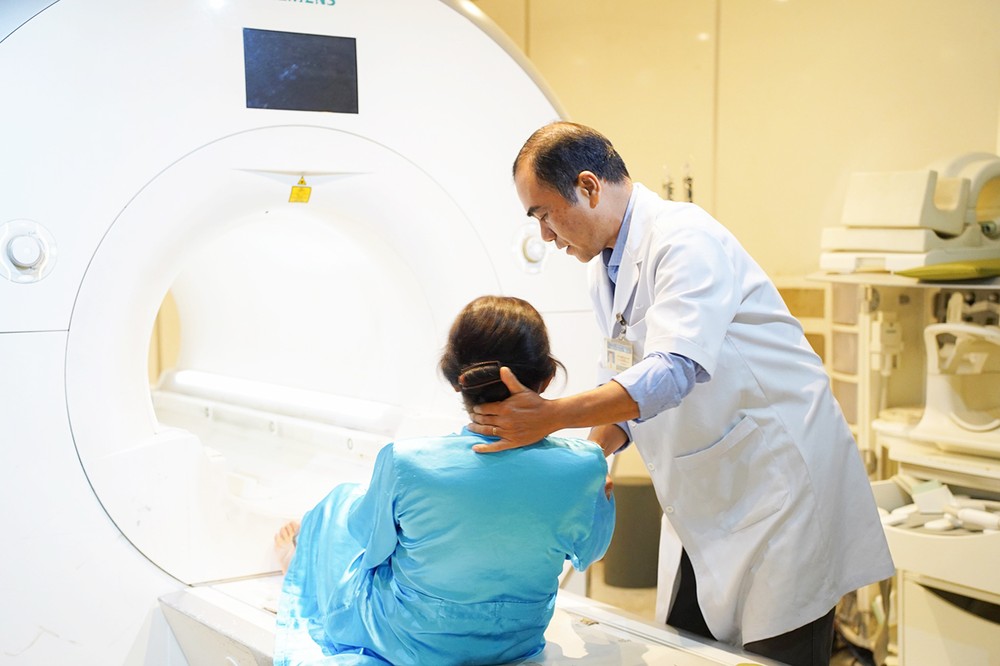
Frustration over waiting for medicines, medical supplies
N.V.H., 36, living in District 7, HCMC, shared that he was diagnosed with myasthenia gravis in June 2024. This is a lifelong condition that requires costly treatment and relies heavily on health insurance. H. noted that the drug Mestinon 60mg (a type of patent medicine) is highly effective for myasthenia gravis and is covered by health insurance.
However, recently there have been disruptions in the drug supply, forcing doctors to prescribe alternative medications with similar active ingredients, which have caused H. numerous side effects. “Frustrated by the wait for medication and unable to tolerate the side effects of the new drug, I had to go to a private hospital to purchase Mestinon at a high price (over VND1 million per bottle). It feels unfair to have to pay for medication when I have health insurance,” N.V.H. said.
Similarly, for several months, there has been a persistent shortage of radioactive tracers used for PET/CT scans for cancer diagnosis at hospitals in the city. At HCMC Oncology Hospital, patients requiring PET scans often have to wait about ten days due to a shortage of the 18F-FDG radioactive tracer. This tracer is supplied by Cho Ray Hospital, which can only provide enough for 7-9 scans per day, three days a week, covering less than one-third of the actual demand.
Meanwhile, two PET/CT scanners at HCMC Oncology Hospital can perform up to 30 scans per machine per day. The ongoing shortage of radioactive tracers has resulted in delays for many cancer patients and underutilization of the equipment. As a result, some patients from the South have to travel to Da Nang or Hanoi to undergo PET/CT scans and obtain results for their doctors' diagnosis.
Dr. Nguyen Xuan Canh, Head of the Nuclear Medicine Department at Cho Ray Hospital, explained that, in HCMC, only Cho Ray Hospital, Military Hospital 175, and HCMC Oncology Hospital are equipped with PET/CT scanners that use the radioactive tracer 18F-FDG. This tracer has a short lifespan (under 12 hours) and a brief half-life (about 110 minutes), meaning it must be used immediately after production.
"Cho Ray Hospital has been supplying the 18F-FDG tracer to HCMC Oncology Hospital and Military Hospital 175. However, the cyclotron system used to produce the tracer at Cho Ray is over 15 years old. When this system requires maintenance, PET/CT scans at hospitals in HCMC must be suspended entirely. Currently, patients scheduled for PET/CT scans at Cho Ray Hospital have to wait about two weeks for their appointments," Dr. Nguyen Xuan Canh said.
Having some impact, but not significant
In response to the shortages of certain medications in Central Vietnam due to procurement and bidding issues, the Ministry of Health has indicated that these shortages are localized problems affecting only specific areas and healthcare facilities due to procurement and planning challenges. Additionally, some healthcare facilities and local authorities have been insufficiently proactive in managing the supply of medicines, including issues with forecasting needs, planning, executing bidding, and procurement.
To address this, the Ministry of Health has recently sent a directive to provincial and city People's Committees, instructing healthcare facility leaders to ensure they fulfill their responsibilities in selecting suppliers and maintaining adequate stocks of medicines, chemicals, diagnostic materials, medical equipment, and related services. Facility heads will be held accountable for any shortages of these items at their facilities.
According to medical experts, the unresolved issue of drug shortages significantly impacts patient trust, leading to increased demand for higher-level facilities, which causes overcrowding, extended wait times, and additional strain on patients and healthcare staff. Now that procurement bottlenecks have been addressed and legal frameworks clarified, the success of purchasing and bidding processes largely depends on how healthcare facility leaders implement these procedures.
Any hesitation, reluctance, or lack of decisiveness from hospital and healthcare facility leaders could result in prolonged waits for thousands of patients. The Ministry of Health needs to review and proactively coordinate with relevant ministries and agencies to establish a bidding mechanism for medicines and medical equipment that ensures transparency, and feasibility, and instills confidence in officials executing their duties, helping avoid any reluctance towards the bidding process.
According to Dr. Nguyen Hoai Nam, Deputy Director of the HCMC Department of Health, the supply of medicines and medical supplies is a major challenge for hospitals due to the high patient load. This situation has led to patients being transferred from lower-tier facilities or between different centers.
Additionally, some provinces and cities have limited procurement, resulting in patients being concentrated in city hospitals, especially in cardiology and orthopedics. The HCMC Department of Health monitors the situation weekly, develops solutions, supports the redistribution of medicines, and ensures timely procurement and supply for patients. The department has also set up a task force to assist hospitals with coordinating and procuring medicines.

